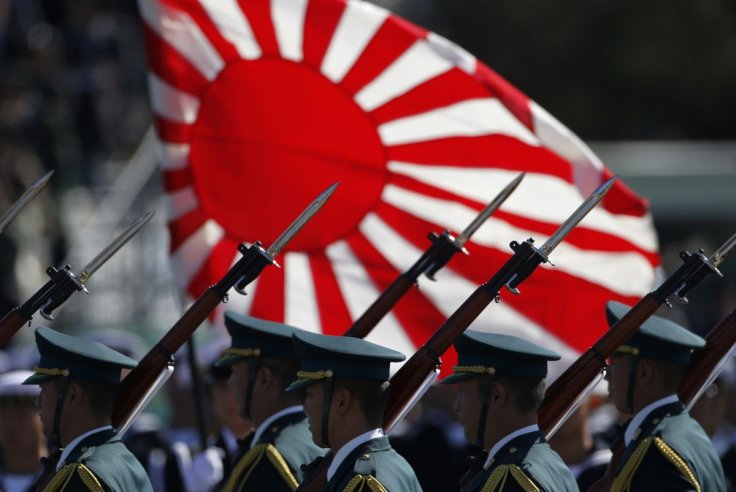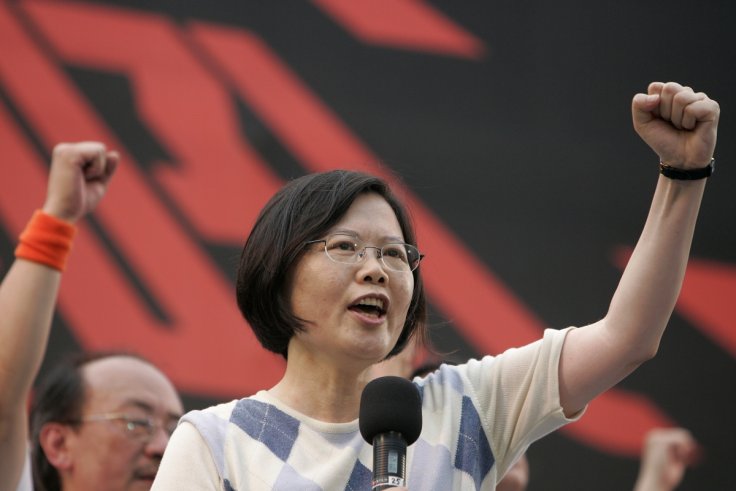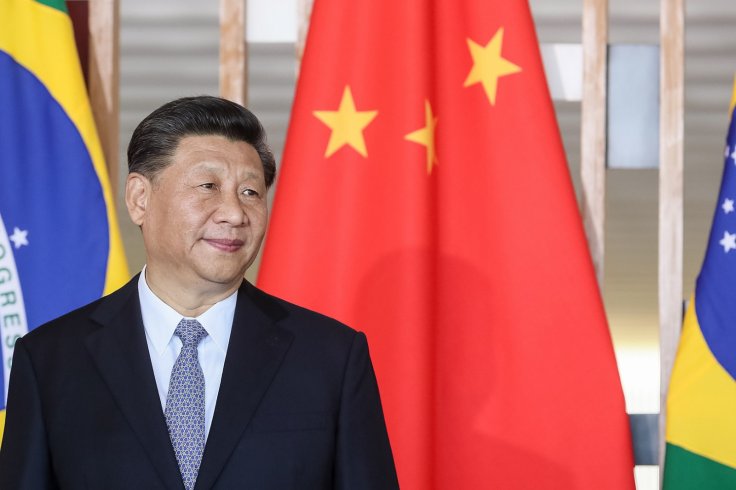The simmering China-Japan tensions were on the boil once again after Japan said on Monday that Tokyo would come to the defence of Taiwan should attack the terriroty.
On Tuesday, China hit back at the Japanese statement, saying the Tokyo's stance threatened the bilateral relations. Chinese Foreign Ministry spokesperson Zhao Lijian said the remarks made by Japanese Deputy Prime Minister Taro Aso "harmed the political foundation of China-Japan relations."
'Formidable Ability'
"No one should underestimate the Chinese people's staunch resolve, firm will, and formidable ability to defend national sovereignty," the Chinese official added.
Earlier, Aso had said that Japan would work with the United States if China invaded Taipei.
"If a major incident happened [in Taiwan], it would not be strange at all if it touches on a situation threatening survival ... If that is the case, Japan and the US must defend Taiwan together," Aso had said.

Aso's comment came in the backdrop of heightened tensions across the Taiwan Strait, with Chinese military ratcheting up rhetoric against Taiwan and Chinese political leadership categorically endorsing the theory that Taiwan will one day be part of the mainland.
Aso observed that a Chinese invasion of Taiwan will also harm the territorial sovereignty of Japan. "Okinawa could be next," he observed.
China Steps Up Campaign
In early June the Chinese military stepped up menacing propaganda against self-ruled Taiwan. The PLA trended propaganda material on Chinese social media platforms like Weibo and WeChat lately, telling Taipei indirectly to prepare for war. Meanwhile, the Chinese military also circulated articles where Taiwanese are called 'splittists', a favorite term of the Chinese to refer to pro-democracy voices.
China considers self-ruling Taiwan as a renegade province and hasn't abandoned the possibility of using force to annex the island. The power balance tilted in Beijing's favour back in the early 1970s when the United States recognized the People's Republic of China and started diplomatic relations with Beijing.

China has always wanted the 'reunification' with democratically ruled Taiwan, a prospect the Taiwanese see with alarm. Under the rule of the current president, Xi Jinping, the Chinese ambitions over Taiwan have become more pronounced.
During the recent celebrations to mark the Chinese Communist Party's 100-year anniversary, Jinping underscored the need for annexing Taiwan. "Resolving the Taiwan question and realizing China's complete reunification is a historic mission and an unshakable commitment of the party," Xi said.
US Support for Taiwan

Over the years, China has all but obliterated the diplomatic existence of Taiwan. Using its financial muscle power and defense clout, Beijing won over many countries that had earlier recognized Taiwan. China, a permanent UN Security Council member, has more than 170 diplomatic allies while Taiwan has only about 20, most of which are marginal forces.
Though the power balance tilted in Beijing's favor back in the early 1970s when the United States recognized the People's Republic of China and started diplomatic relations with Beijing, a US law is still in place that authorizes Washington to help the island defend itself in the event of a conflict with China.









